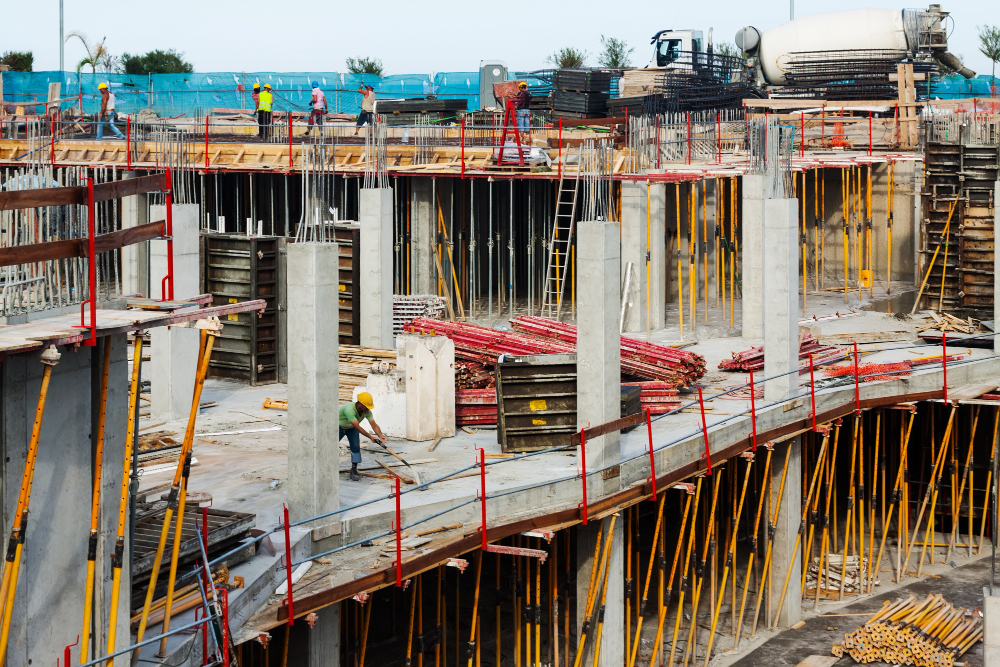The year 2023 was pivotal for the construction industry, marked notably by a labor shortage. This challenge, fueled by early retirements and a gap in skilled younger generation workers, calls for a strategic approach. A crucial element in addressing this issue is the implementation of a systemized, ongoing training process.
The Power of Training in Recruitment and Retention
Training programs are more than just skill-development sessions; they are a critical tool in both recruiting and retaining young workers. In today’s job market, individuals often leave their roles due to inadequate training or a lack of career development opportunities. Investing in comprehensive training programs can significantly impact employee satisfaction and loyalty, making it an indispensable strategy for construction companies.
Building Skills and Careers
The construction industry isn’t just about building structures; it’s about building people and their careers. Effective training is a commitment to your workforce’s professional and personal development. By nurturing employees’ skills and supporting their growth, companies can foster a loyal and skilled workforce ready to face the industry’s challenges.
Attracting Young Talent
With a significant portion of the workforce nearing retirement, attracting young, skilled workers is imperative. Training programs offer a clear pathway for career development, crucial in appealing to the younger generation. In fact, a Gallup poll reported that 87% of millennials value career development as a part of their job. These programs should provide skill development and assure young employees of the company’s investment in their future.
Continuous and Progressive Training: The Key to Long-Term Success
Proper training is a continuous journey, not a one-time event. Companies must consistently build upon initial training programs, ensuring employees’ skills remain sharp and relevant. This ongoing investment in training reflects a company’s commitment to its workforce and supports employees’ personal and professional growth.
Safety Training: A Non-Negotiable Aspect
In construction, safety is paramount. Consistent safety training is crucial in reducing preventable accidents and injuries, especially for younger and less experienced workers. Implementing a certification-management system can ensure that employees are qualified for specific tasks, enhancing overall site safety.
The construction industry is at a critical juncture, where training and development play a pivotal role in addressing labor shortages and ensuring a skilled and safe workforce. Companies that invest in continuous, comprehensive training programs will not only enhance their operational efficiency but also attract and retain the talent needed to thrive in this competitive landscape.
In today’s challenging recruiting environment, a commitment to training is not just a strategy—it’s a necessity for success. As the industry evolves, companies that prioritize training will lead the way in building a competent, safe, and dedicated workforce for the future. Stay tuned to our blog for more insights and strategies in the construction industry!






